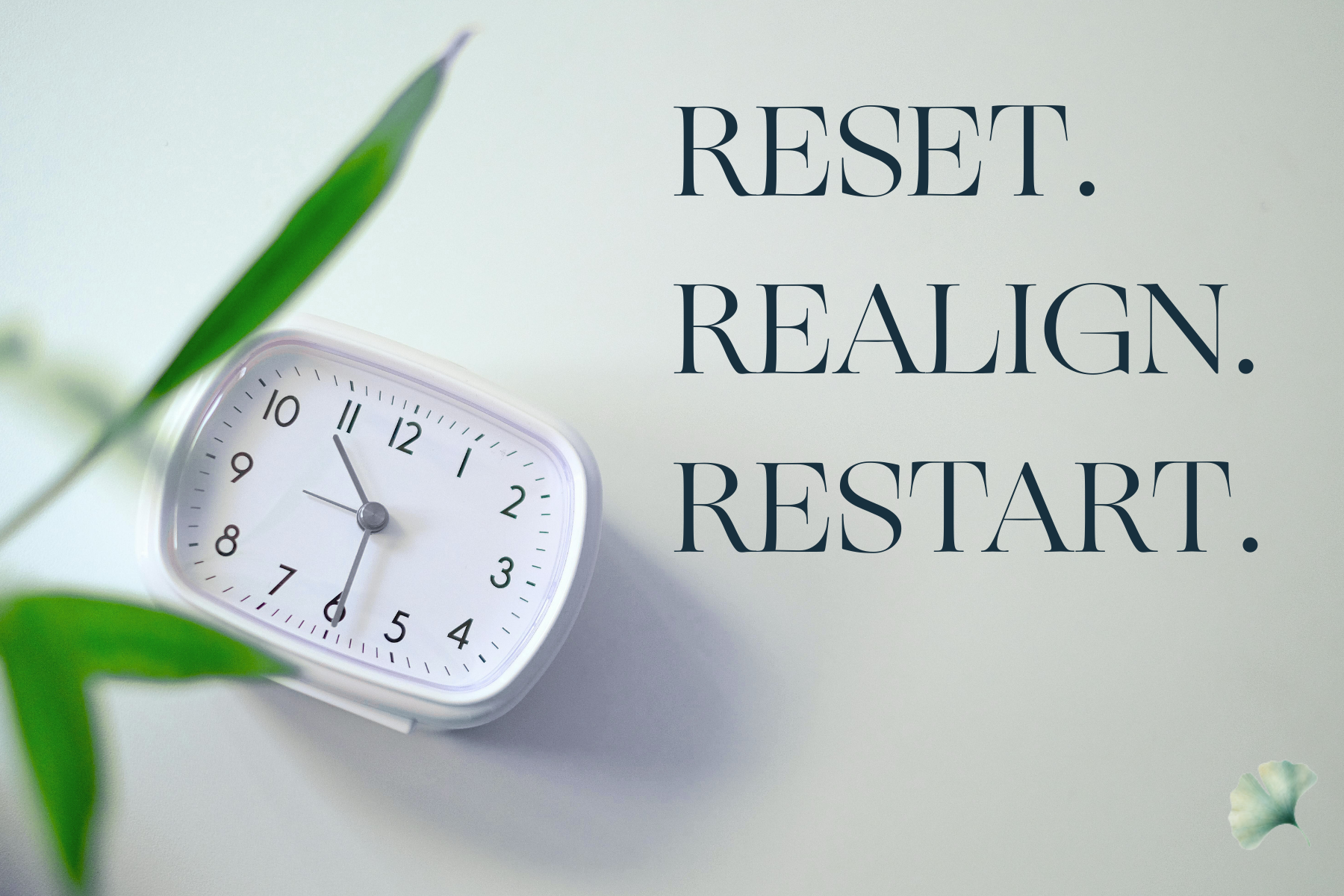The end of the year is a natural time to reflect on successes, challenges, and goals. However, this reflection can sometimes feel overwhelming or even discouraging. By shifting your mindset and focusing on growth, you can turn year-end reflections into a positive experience.
Recognizing the Impact of Year-End Reflections
- Regret over unachieved goals: Feeling like you didn’t do “enough” can lead to self-doubt and impact your motivation.
- Comparison with others: Social media often amplifies feelings of inadequacy, as does comparing our insides to other people’s outside.
- Future anxiety: Worrying about the upcoming year can overshadow present achievements and here-and-now action and a sense of agency in our lives.
3 Healthy Ways to Reflect
- Practice gratitude: Write down or think about three things you’re proud of or grateful for this year.
- Focus on lessons learned: View challenges you faced as opportunities for learning and growth rather than failures.
- Celebrate small wins: Recognize that progress, no matter how small, is meaningful.
Setting Realistic Goals for the New Year
- Be specific: Instead of vague goals like “get healthier,” define actionable steps like “exercise two to three times a week.”
- Prioritize mental health: Consider action goals that nurture your emotional well-being, such as incorporating a commitment to meditation or therapy.
- Use the SMART framework: Make goals Specific, Measurable, Achievable, Relevant, and Time-bound.
At Connections Health, we can help you process your reflections and set realistic goals for a positive start to the new year.
Related Articles
Attending college is a time of self-discovery, growth, and new experiences. But for many, the transition comes with emotional and psychological challenges - ones that can quietly build beneath the surface. One of the most common and misunderstood among them is depression. In a 2021–2022 survey of over 130 U.S. college campuses, 44% of students [...]
A new academic year often brings a mix of emotions: hope, excitement, uncertainty, and sometimes, anxiety. Whether you’re starting college at Northwestern University or returning to another college in Chicago, it’s common to feel overwhelmed as expectations, social pressures, and responsibilities begin to pile up. At Connections Health, we work with many students—undergraduates, graduate students, [...]
“To love ourselves and support each other in the process of becoming real is perhaps the greatest single act of daring greatly.” — Brené Brown, Daring Greatly We live in a world that values momentum, output, and progress. But healing and personal growth don’t always follow a straight path or a set timeline. If you’re [...]






